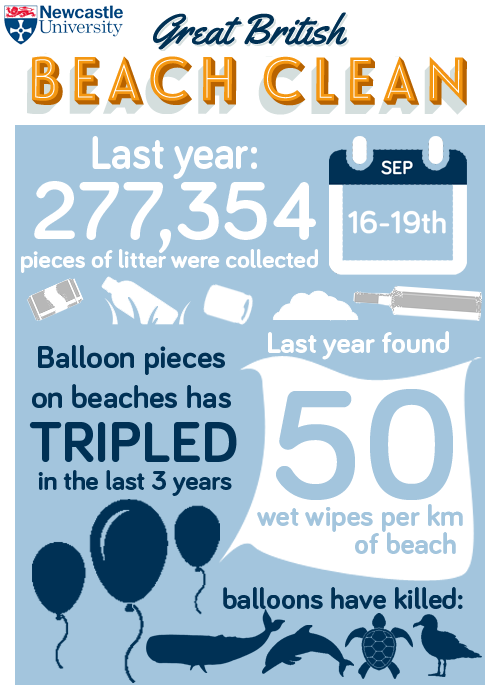We recently interviewed Kirsty, a 2nd year PhD student at Newcastle University. Kirsty has been studying European lobsters and their movements between habitats. She uses statistical models to understand how environmental conditions influence the timing and pattern of lobster movements.
What impact does your research have?
It can help us understand the impact of movement patterns on the number of lobsters that we can catch so that we don’t catch too many and they are sustainably managed. Sustainable management ensures that there are enough lobsters for the future, benefiting not only the environment, but also the fishing industry.
What did you do before your PhD?
I studied Zoology at Glasgow University then did a Masters in Forest Ecology at Edinburgh University. Since then I have worked in various Ecology related roles including being a Park Ranger, working in Wildlife Management and assisting research on seabirds and marine renewables.
Why did you chose to do a PhD rather than get a job?
I had worked as a research assistant before and really enjoyed it, I knew I wanted to do more research. By doing a PhD I got to choose the area and lead the research. It’s a great opportunity to devote your time to just one small area of interest and learn some advanced skills. I hope it will help me improve my career and that I will be able to get better research jobs in the future.
How did you decide on your PhD?
I chose the topic because I’m interested in spatial studies. Understanding why animals choose a particular area is really important in making decisions about species conservation and I thought this project would give me the chance to develop lots of transferable skills.
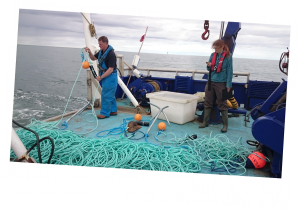 What advice would you have for someone wanting to study Biology or Zoology at university?
What advice would you have for someone wanting to study Biology or Zoology at university?
Go to open days and talk to as many people as possible, make sure it’s the right course for you! Speak to people working in the field if you have the chance and get some experience, the RSPB are a good organisation to volunteer for.
What is the best part about being a PhD student and going to university in general?
Meeting different people who are interested in the same things as you and developing your own identity.
What do you plan to do after completing your PhD?
Id like to stay in academia and keep doing research on spatial ecology.
Has university help you get where you want to be?
Yes, I have learned lots of different skill sets and developed more resilience and motivation.
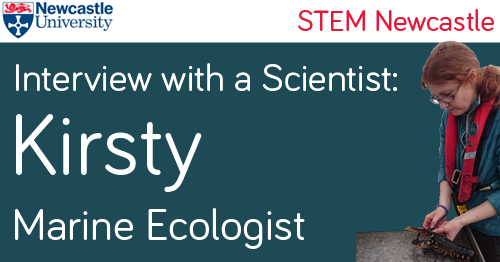
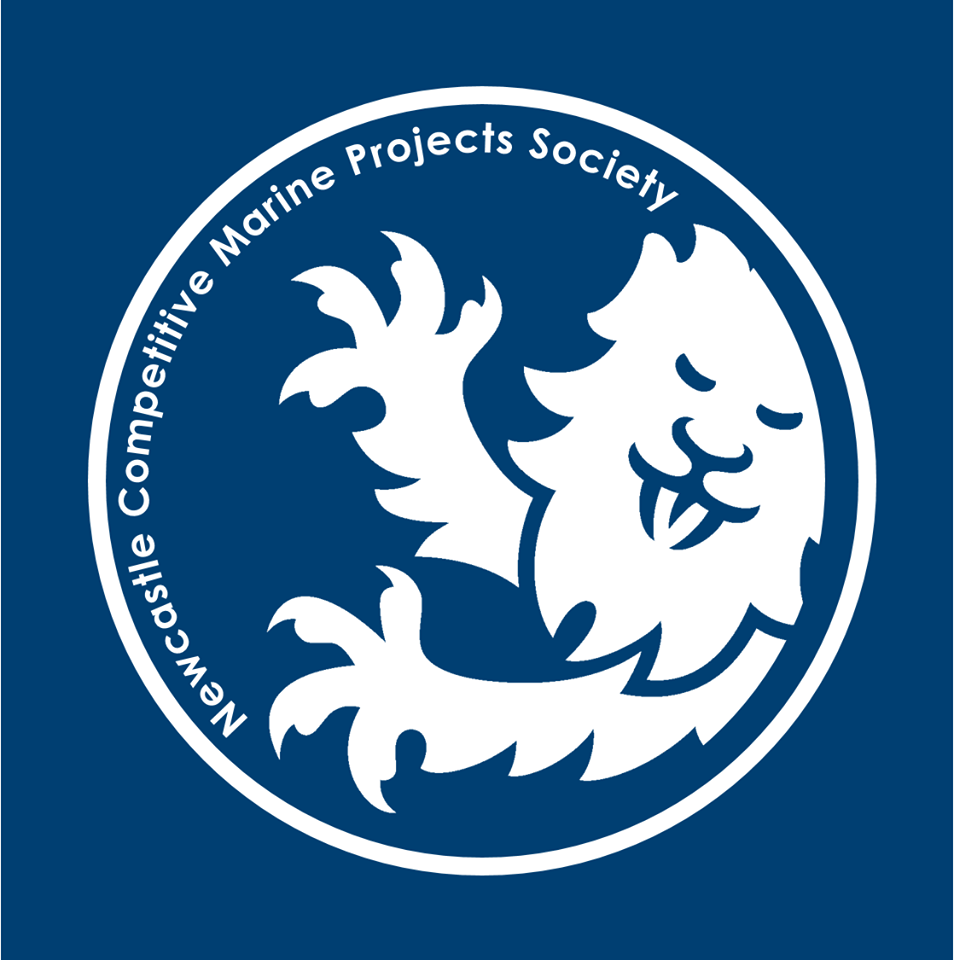
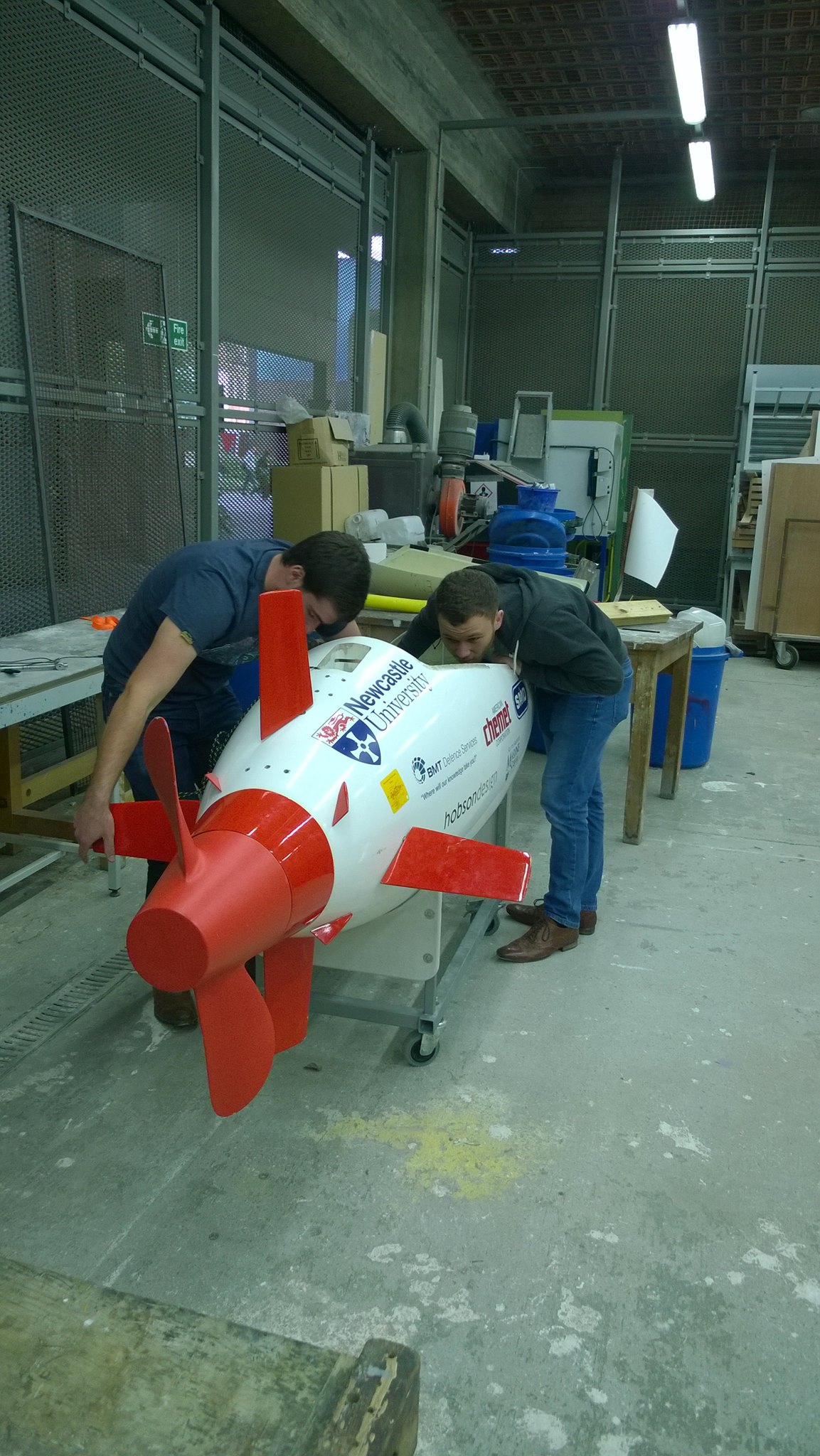
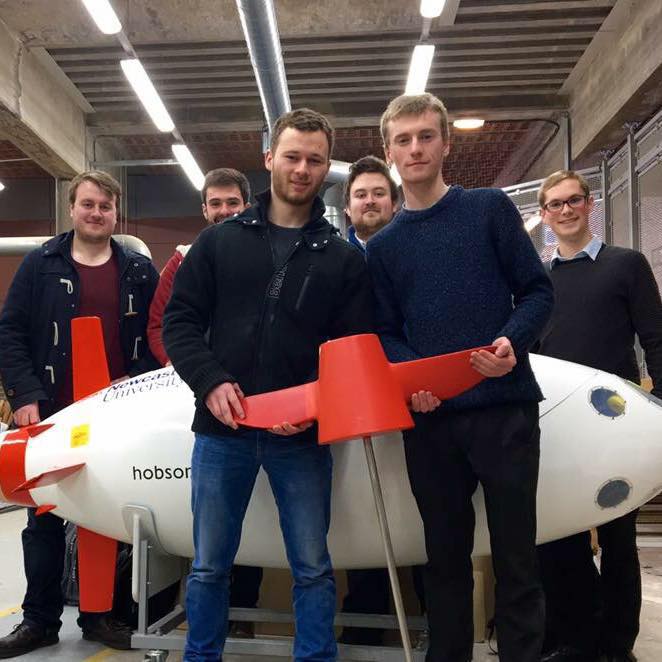
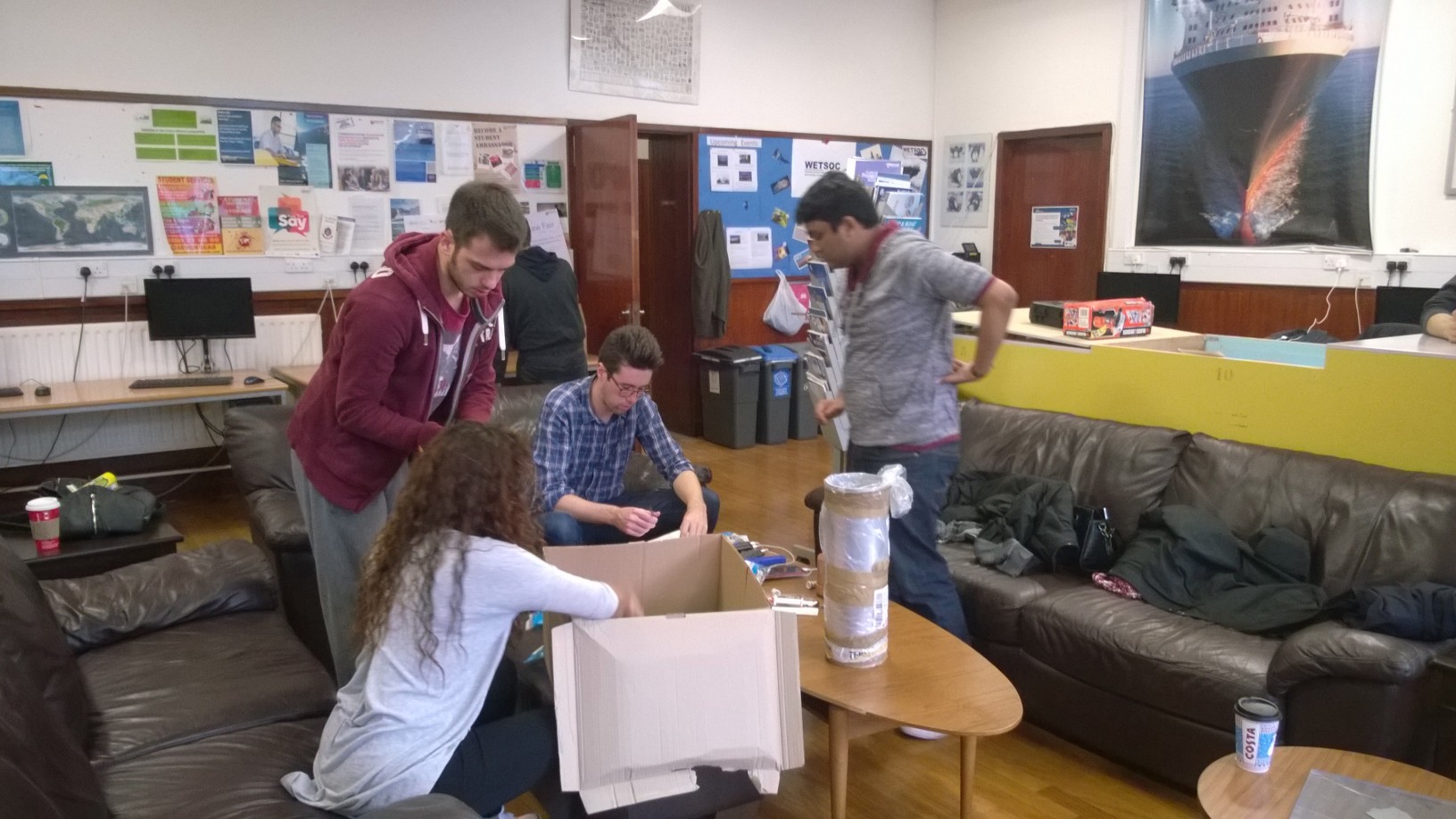
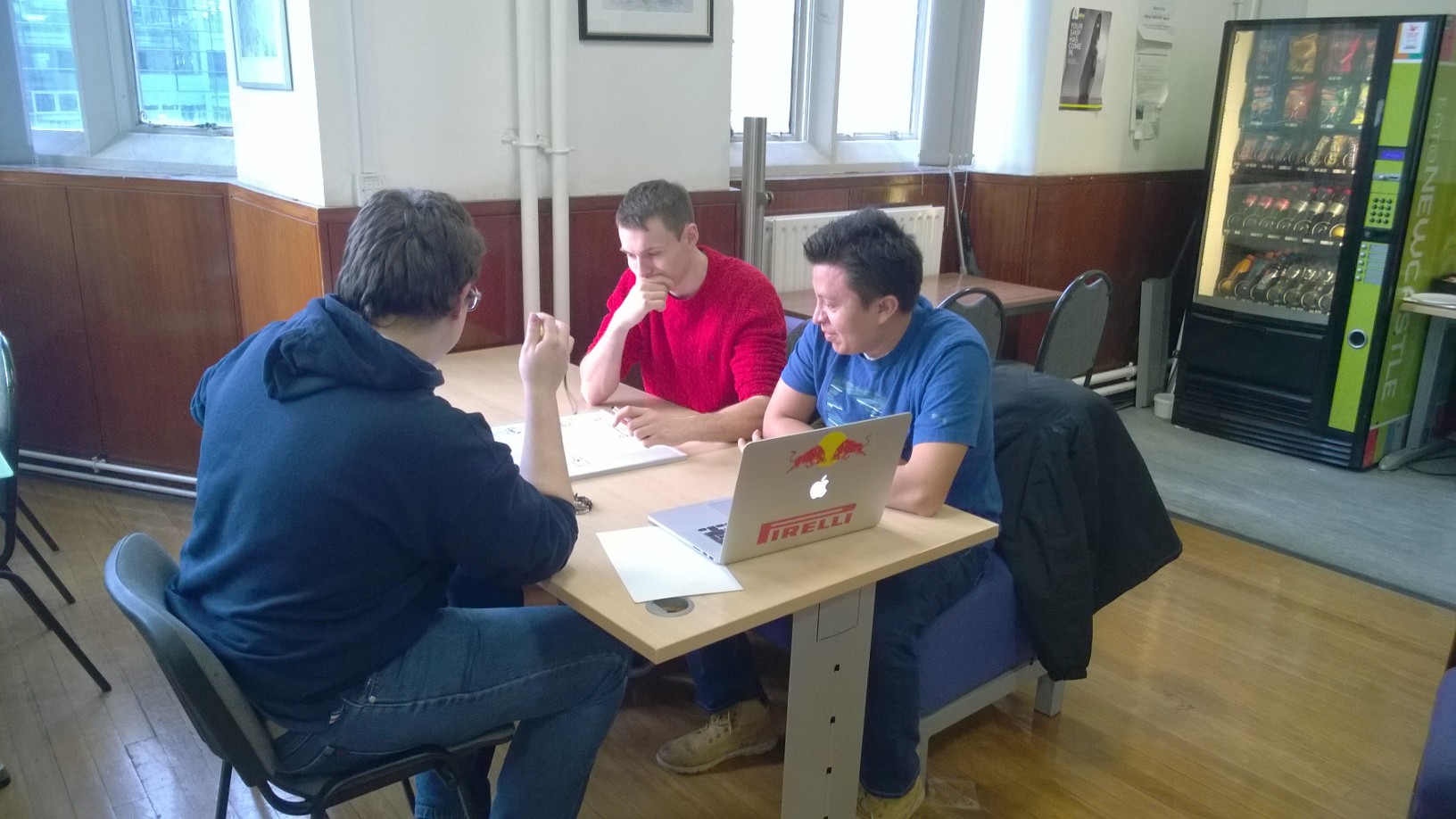
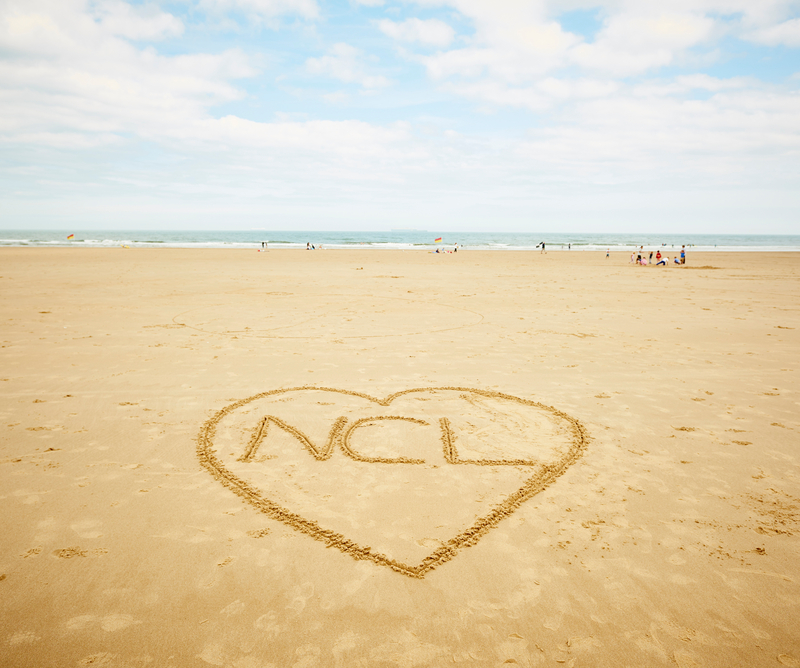 Not only are thousands of marine species under threat from litter, the waste is also dangerous for humans too and damages tourism and the fishing industry. The beach clean helps lower the threat and raise awareness of the problem at hand.
Not only are thousands of marine species under threat from litter, the waste is also dangerous for humans too and damages tourism and the fishing industry. The beach clean helps lower the threat and raise awareness of the problem at hand.